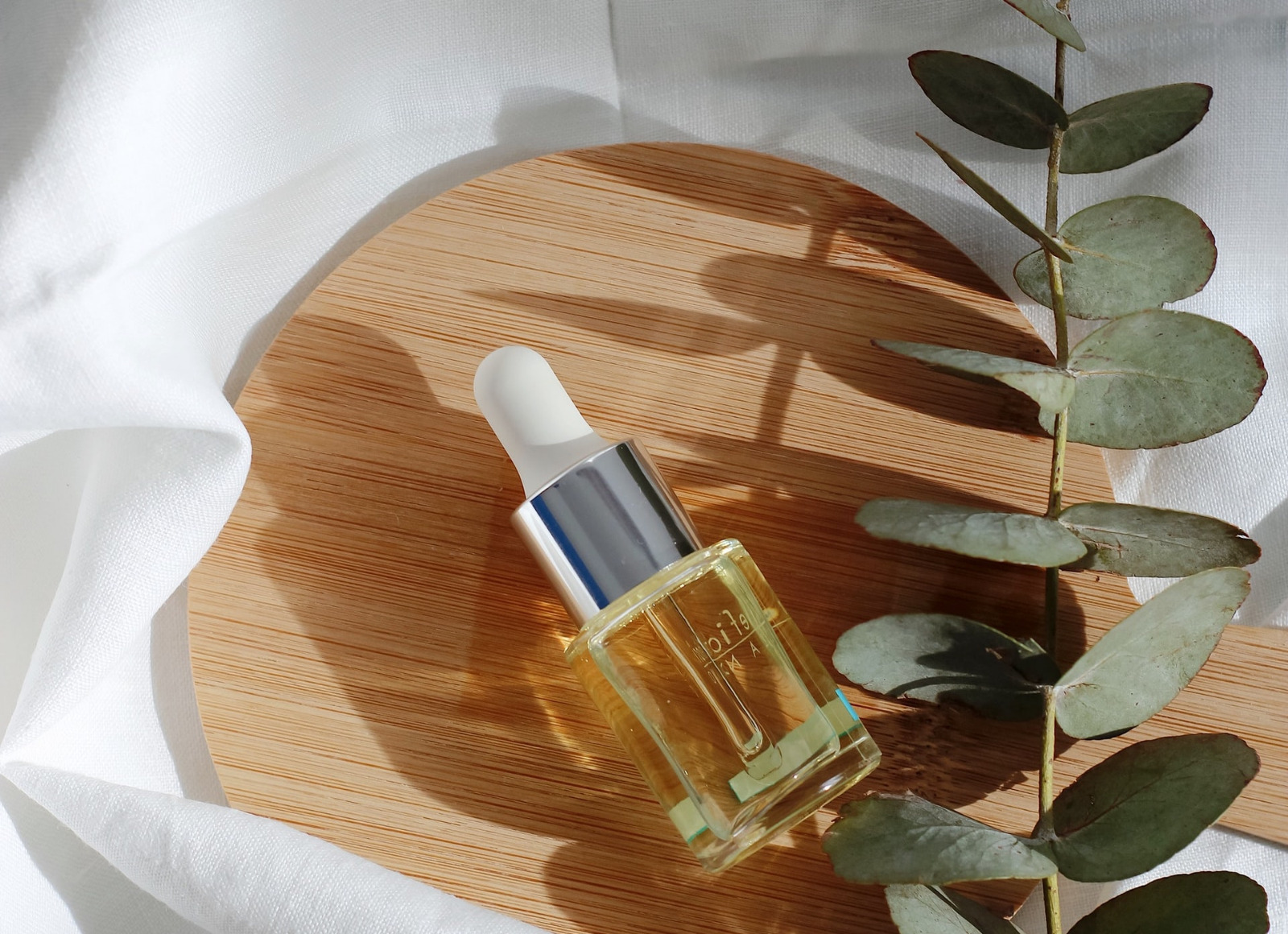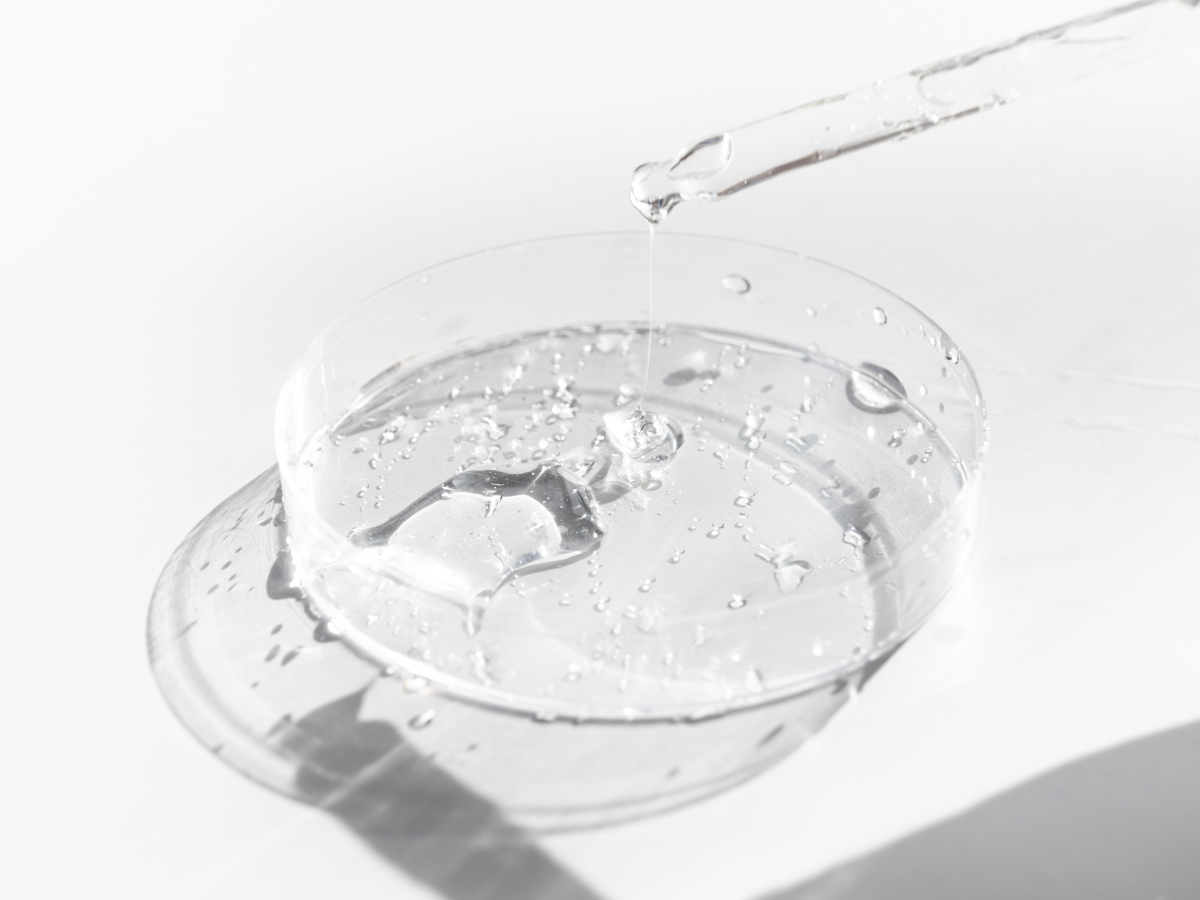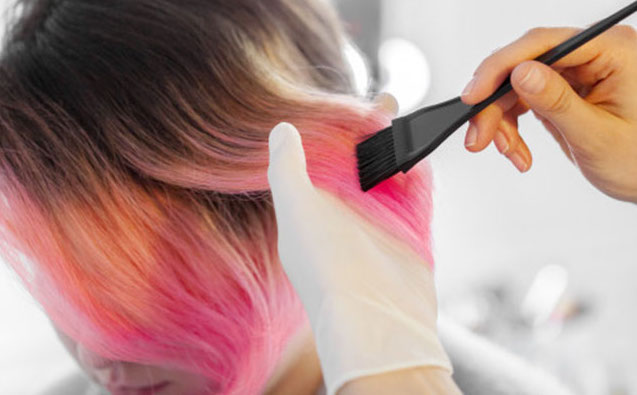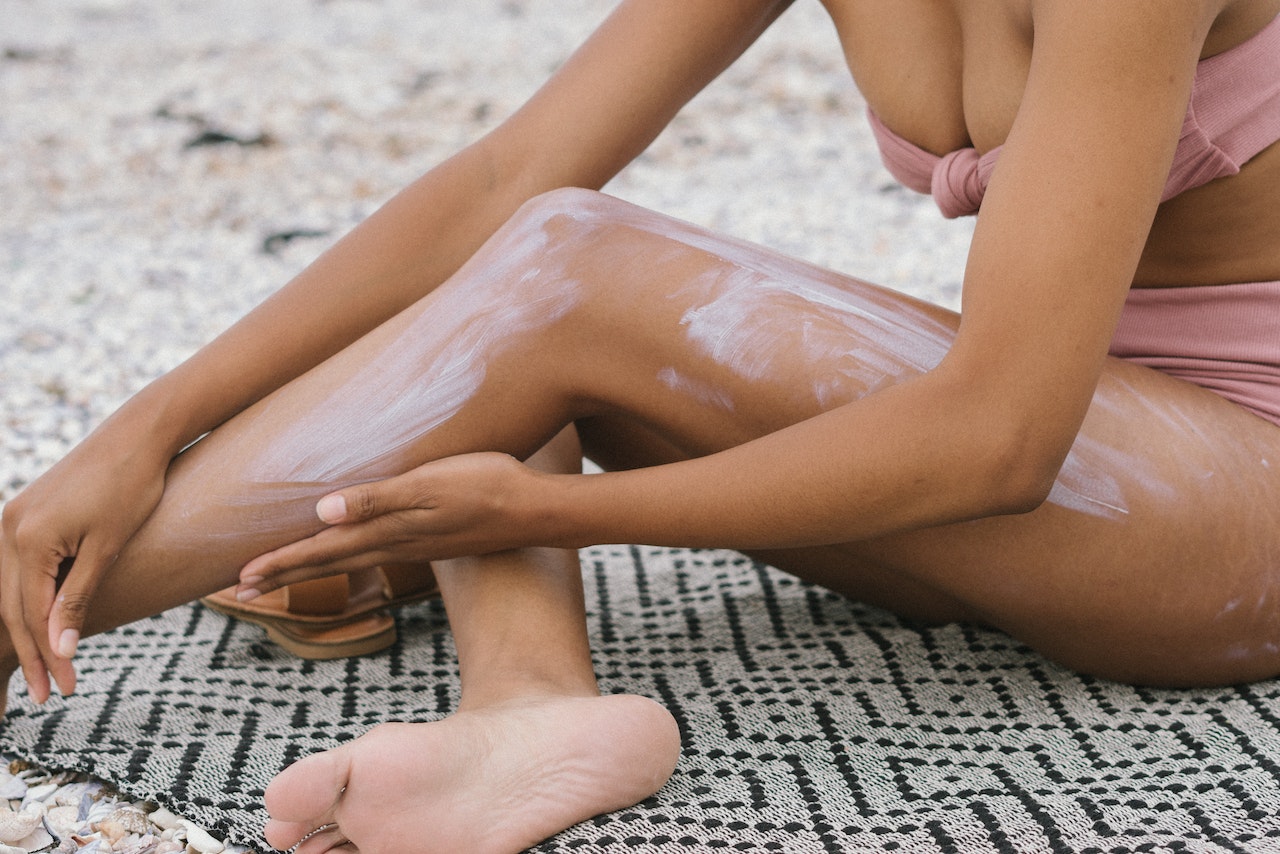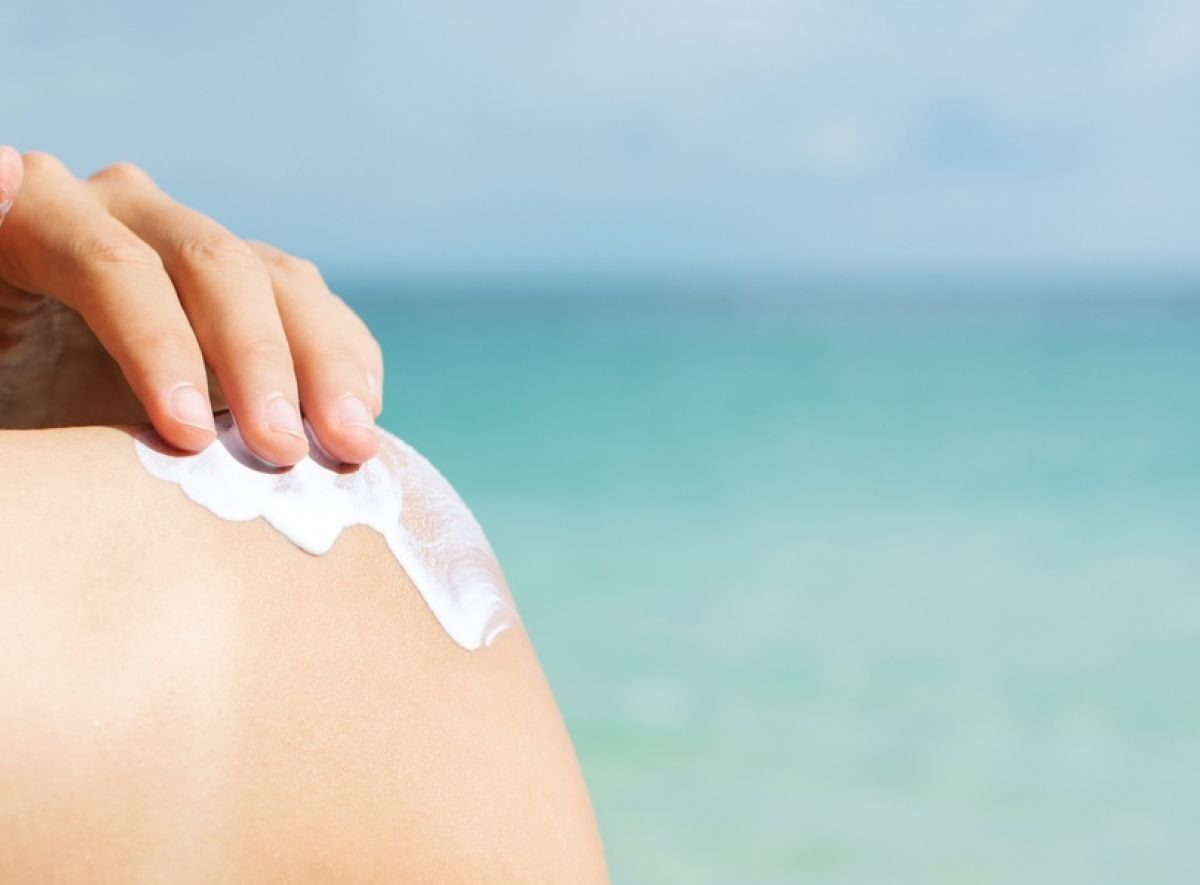BACKGROUND
Butylphenyl Methylpropional, commonly known as Lilial (main trade name) or p-BMHCA, is an aromatic aldehyde, a synthetic fragrance ingredient that has been used for years in different types of cosmetics and personal care products. Butylphenyl Methylpropional is also used in several non-cosmetic products, like household cleaners and detergents.
WHAT’S NEW?
Since 1 March 2022, Butylphenyl Methylpropional is classified as a Carcinogenic, Mutagenic or Reprotoxic (CMR) category 1B substance under the European Union and Great Britain Classification, Labelling and Packaging (CLP) Regulations.
Due to its classification as toxic to reproduction, Butylphenyl Methylpropional is prohibited in cosmetic products placed in the Great Britain market as of December 15, 2022.
References:
1. CTPA – Upcoming Ban of BMHCA/’lilial’ in GB

